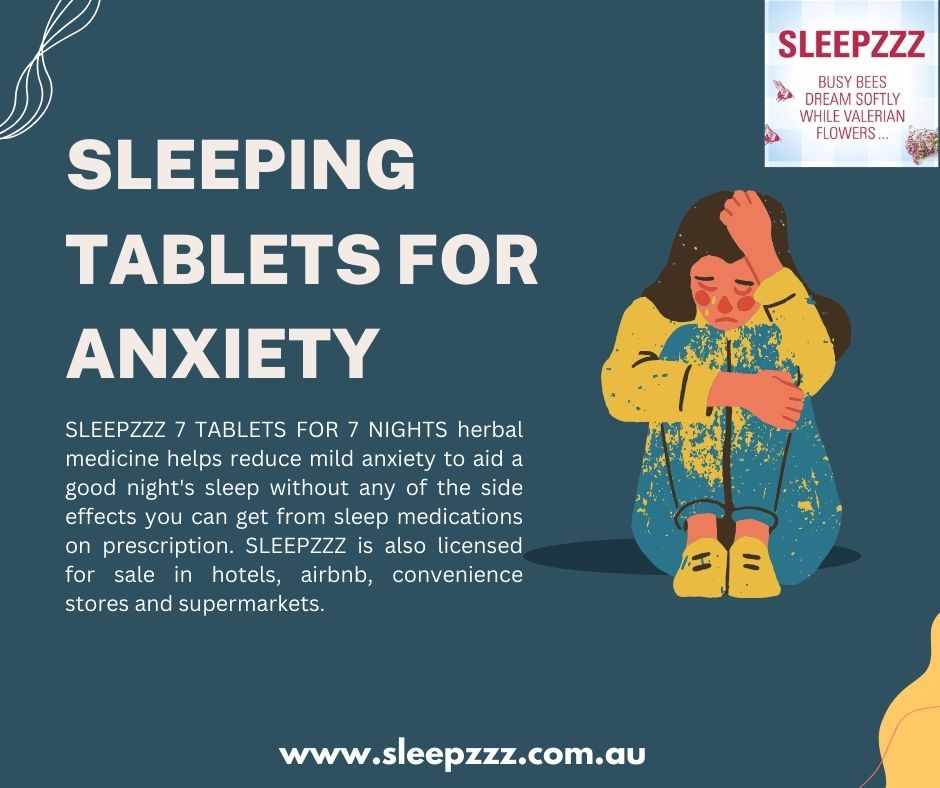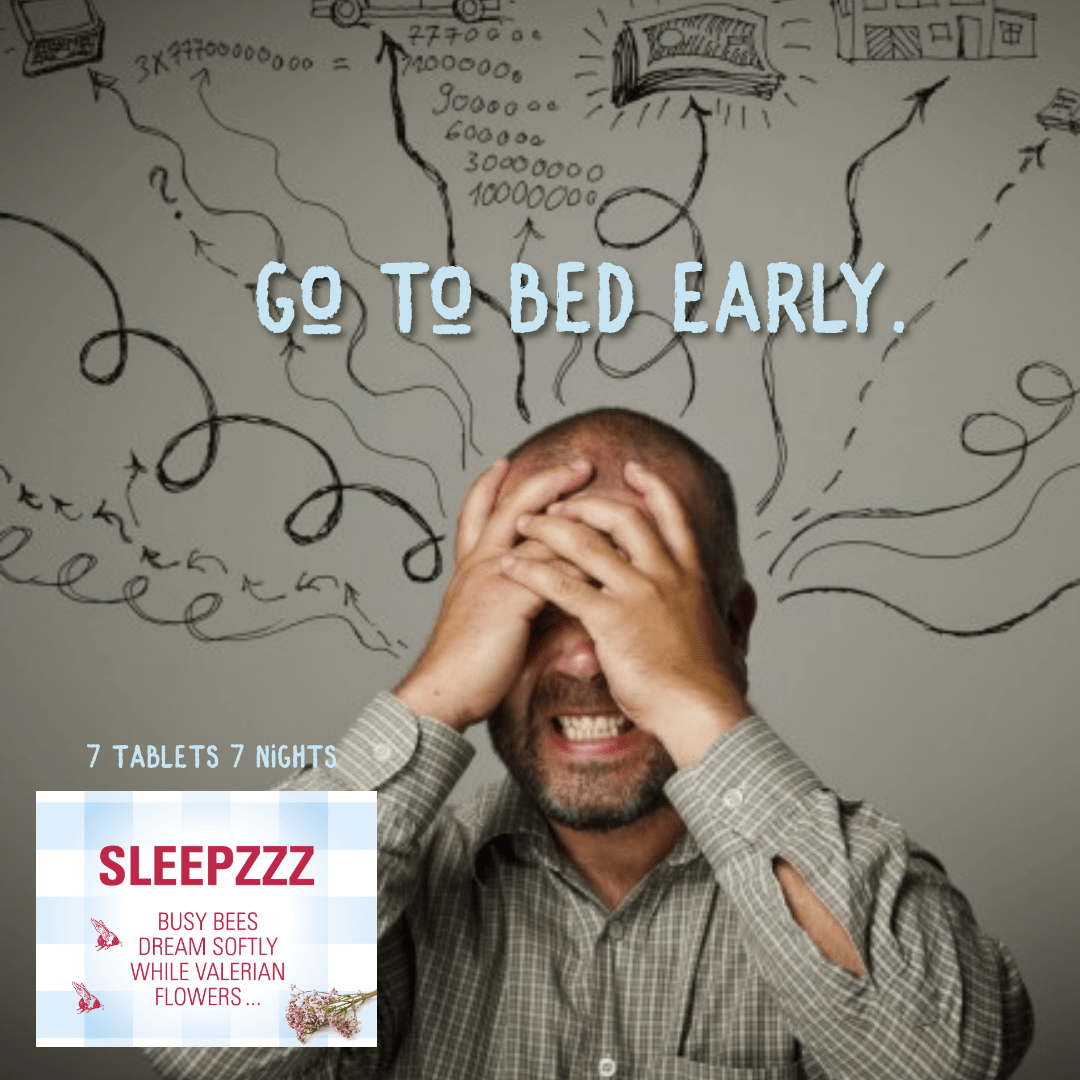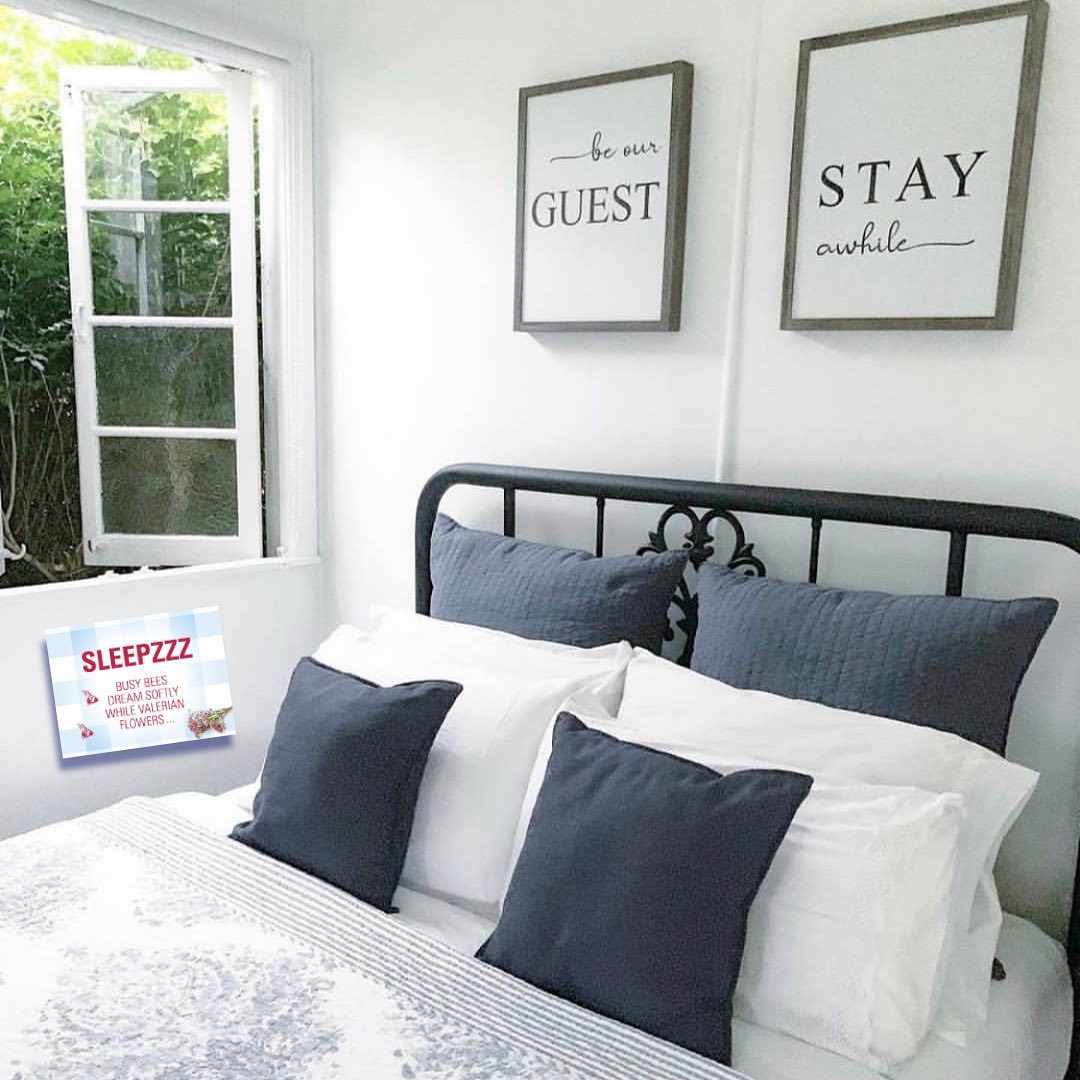
Living with anxiety can significantly impact your ability to fall asleep and get a restful night's sleep. The racing thoughts, physical discomfort, and overall restlessness can make it challenging to find relaxation and enter a state of deep sleep. However, there are effective strategies that can help you sleep better, even when you're experiencing anxiety. In this blog post, we will explore practical tips and techniques for how to sleep when you have anxiety and promote restful sleep and manage anxiety during the night.
Establish a Relaxing Bedtime Routine:
Create a consistent bedtime routine that signals to your body and mind that it's time to wind down and prepare for sleep.
Incorporate calming activities such as reading, gentle stretching, or taking a warm bath to relax your body and mind.
Practice Mindfulness and Meditation:
Engage in mindfulness or meditation techniques to help calm your racing thoughts and cultivate a sense of inner peace.
Focus on deep breathing exercises and body scan meditations to promote relaxation and reduce anxiety before bedtime.
Create a Comfortable Sleep Environment:
Ensure your sleep environment is conducive to relaxation and promotes restful sleep.
Keep your bedroom cool, dark, and quiet, and consider using white noise machines or earplugs to block out any distracting noises.
Limit Stimulants and Electronics:
Avoid consuming stimulants such as caffeine or nicotine close to bedtime, as they can interfere with your ability to fall asleep.
Reduce your exposure to electronic devices, such as smartphones or tablets, at least an hour before bedtime, as the blue light emitted by these devices can disrupt your sleep-wake cycle.
Develop Relaxation Techniques:
Practice relaxation techniques such as progressive muscle relaxation or guided imagery to release tension from your body and promote relaxation.
Consider incorporating calming scents, such as lavender, into your bedtime routine to create a soothing atmosphere.
Journaling and Expressive Writing:
Use journaling as a way to express and release your anxious thoughts before going to bed.
Write down your worries, concerns, or any racing thoughts, allowing your mind to let go and relax.
Regular Exercise:
Engage in regular physical activity or exercise during the day to help reduce anxiety and promote better sleep.
Choose activities that you enjoy and find relaxing, such as yoga, walking, or gentle stretching.
Finding restful sleep when you have anxiety can be challenging, but with the right strategies and practices, it is possible to improve your sleep quality and overall well-being. Incorporate the tips mentioned above into your daily routine and experiment with different techniques to find what works best for you. Remember, it's essential to be patient and consistent with these practices as it may take time for your body and mind to adjust. Sleepzzz helps reduce mild anxiety to aid a good night's sleep without any of the side effects you can get from sleep medications on prescription. Prioritize self-care, seek support if needed, and celebrate small victories along your journey to better sleep and reduced anxiety.





.jpg)


Write a comment ...